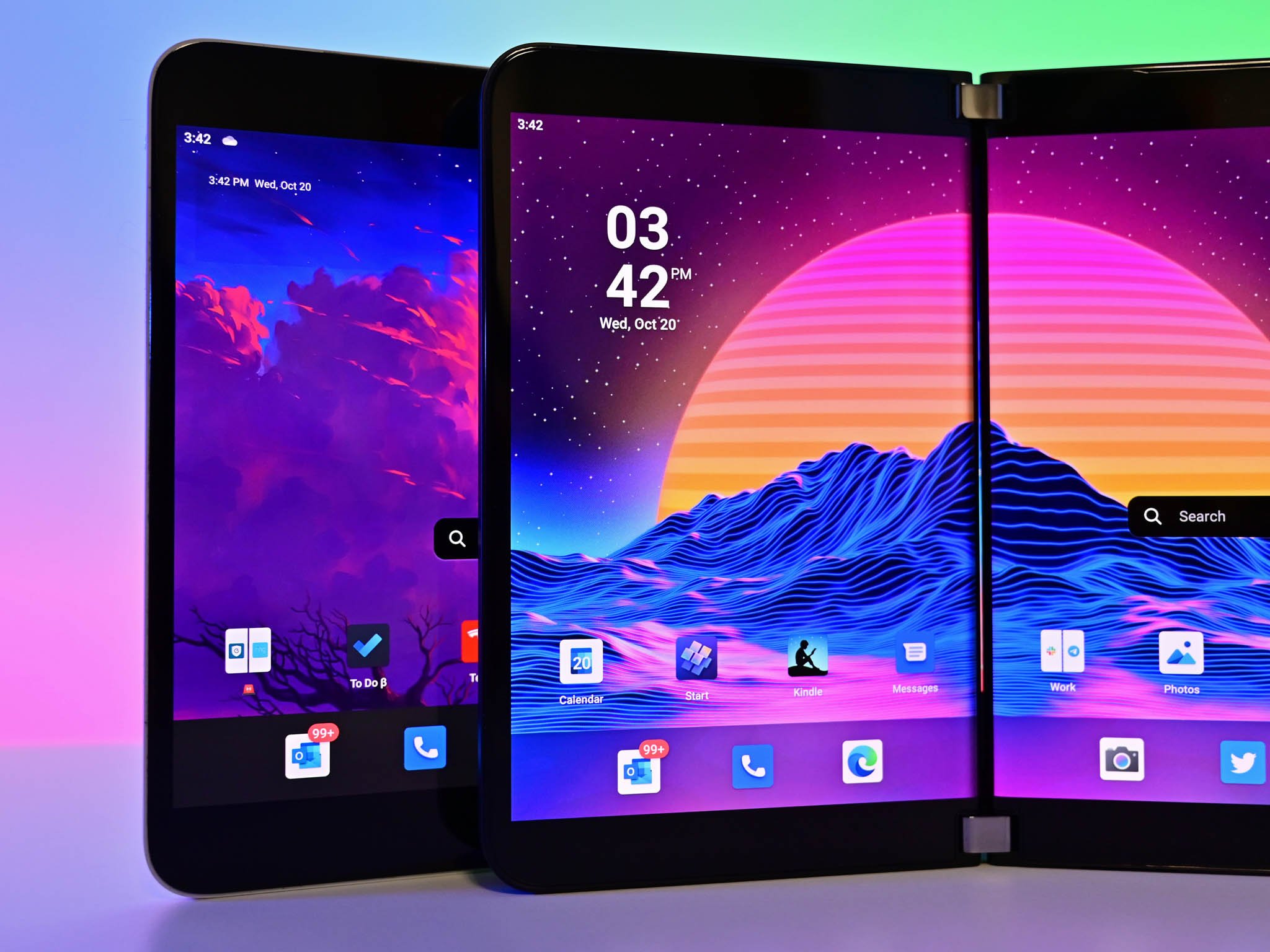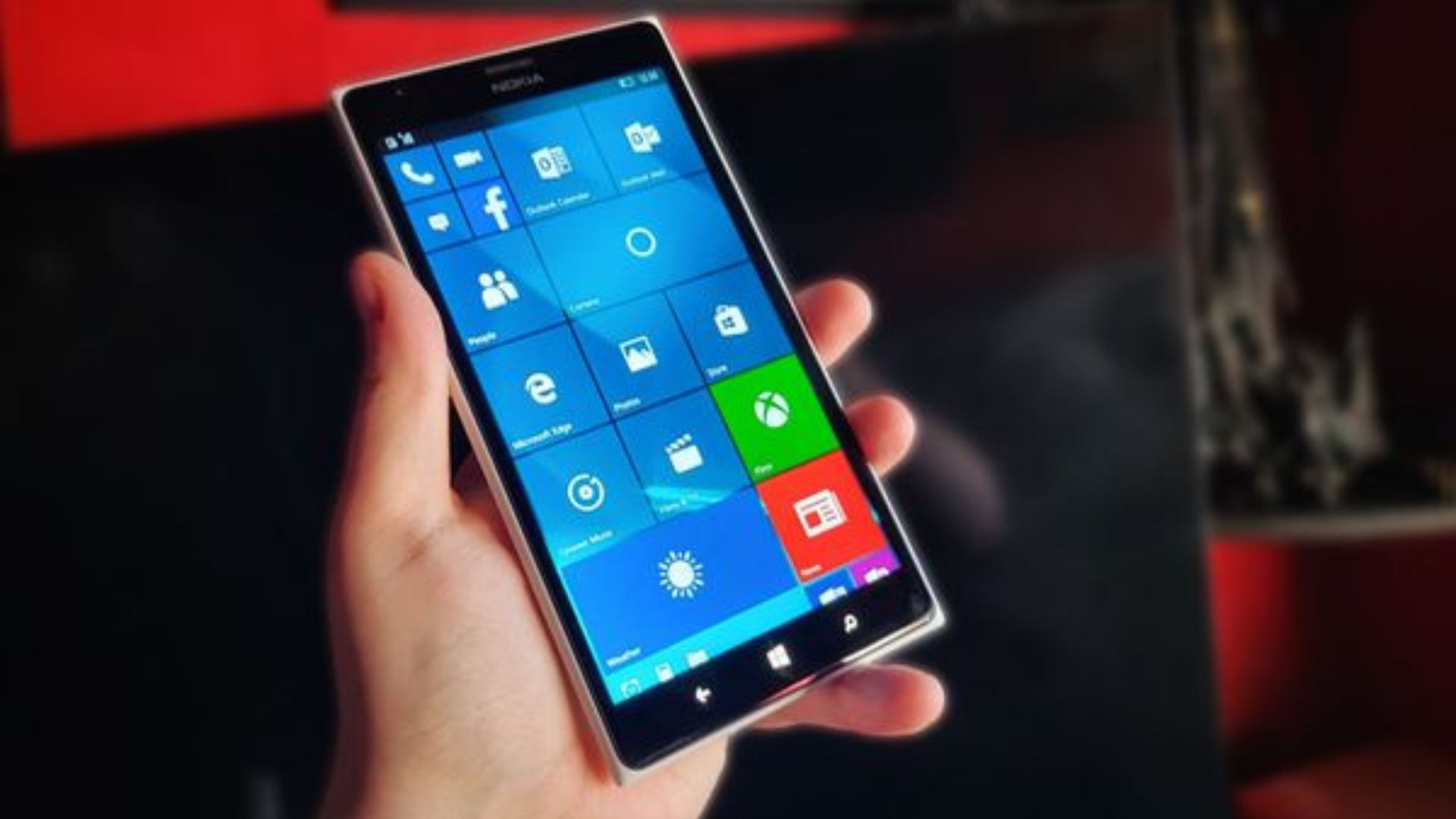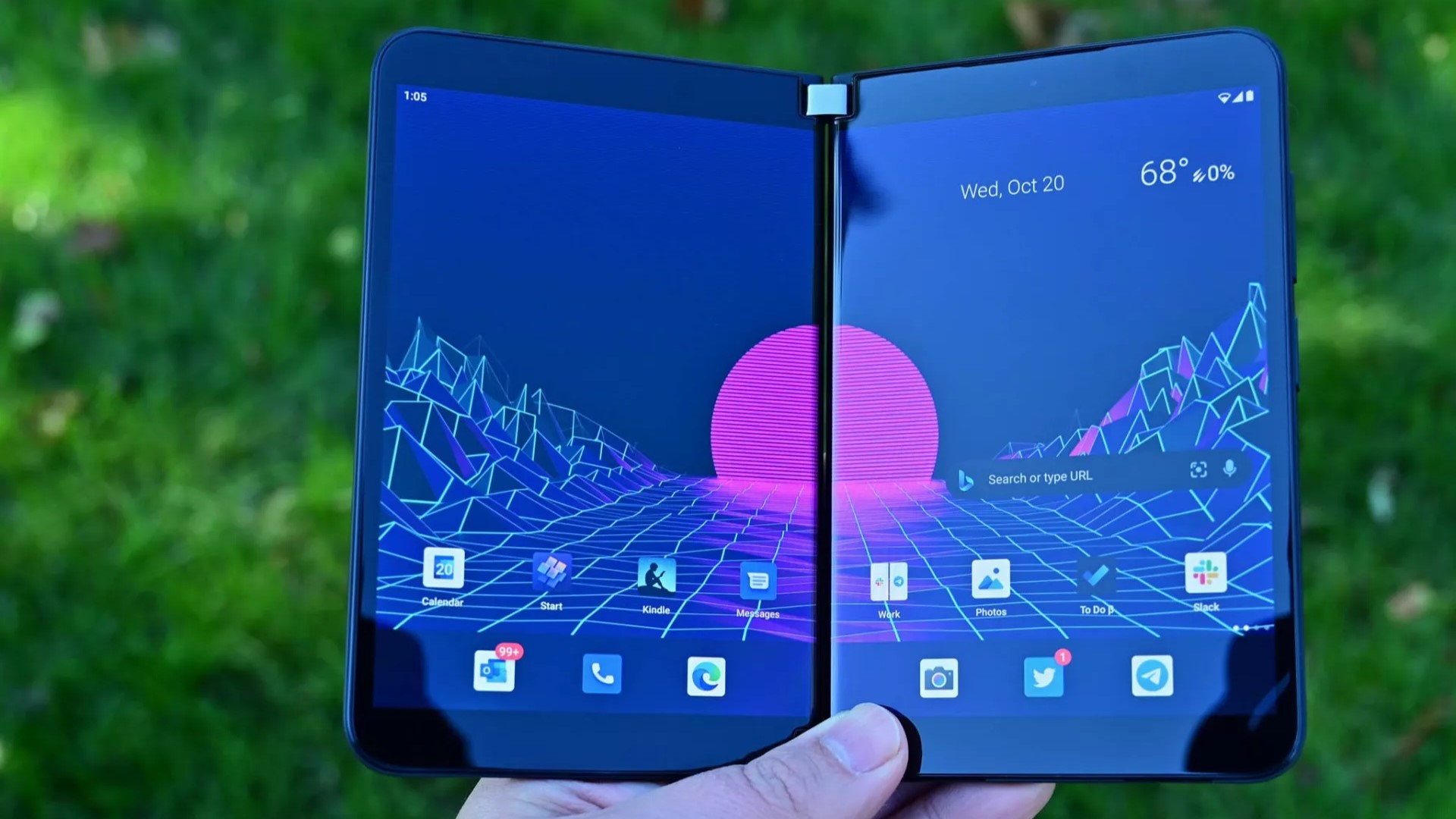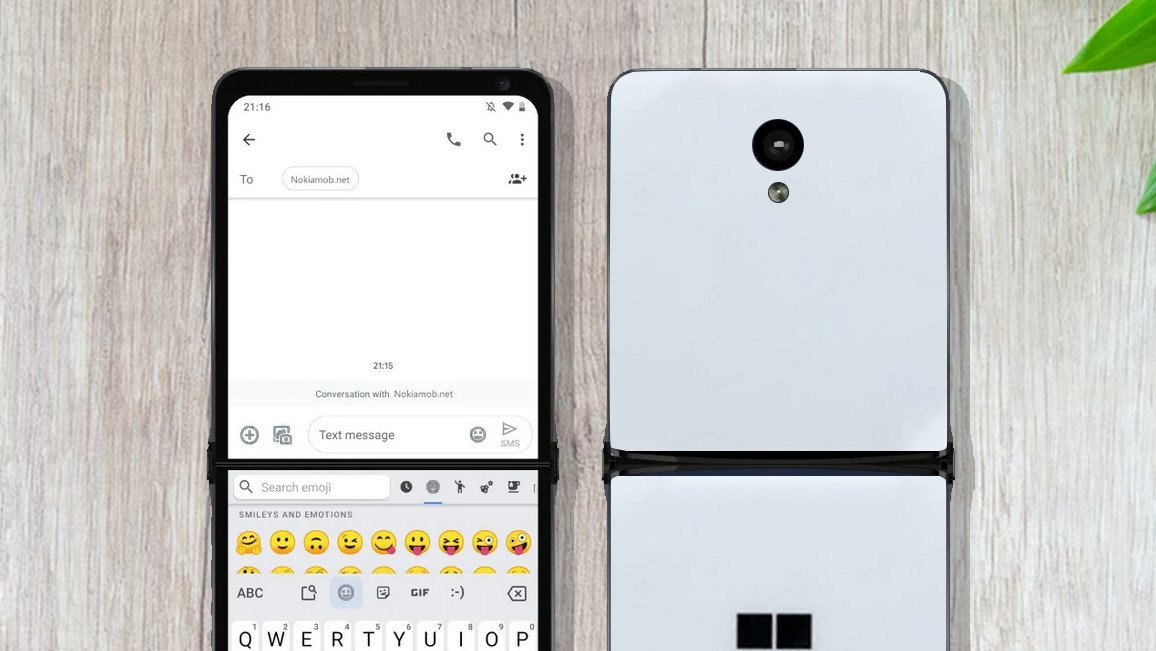Windows Phone is dead. You know it, I know it. Everyone knows it. As painful as it still is, the world has accepted a duopoly in mobile computing, revolving around iOS and Android.
Apple is the darling of the U.S. tech industry, and has enjoyed a privileged spot dominating the western phone landscape, but globally, things are a bit different. Google’s Android platform is by far and away the most-used mobile OS, owing to the fact smartphone manufacturers of all shapes and sizes can tap into it. Apple iOS is for iPhone only, and they’re not exactly the cheapest devices on Earth, giving Google’s platform a significant global advantage, particularly in smaller economies. Europe and the far east also love their Android devices, with Samsung taking pole position in most markets outside of the United States. Its market share has faced headwinds though, with increased competition from Chinese home-grown high-quality solutions from companies like Huawei and Oppo.
In any case, Microsoft is nowhere to be seen among any of this. Save for a few barely-maintained Android apps, Microsoft has largely given up on all of its smartphone aspirations. I can’t remember the last time the Microsoft Launcher on Android got a serious update save for a half-hearted Copilot integration, and the app has some major bugs on Samsung devices that have been unaddressed for years. SwiftKey was once the most-loved keyboard app, and now languishes largely abandoned. The Surface Duo 2 folding phone was also abandoned, never receiving the latest Android versions, and is now likely a security hazard to actually use.
Yet, having very little presence on mobile I would argue is a huge issue for Microsoft. And sure, Microsoft’s early investment in OpenAI stands to generate revenue for the company effectively in perpetuity, even if it does nothing. But Microsoft’s abandonment of the “mobile computing” endpoint has effectively given the keys to its future away to competitor companies. OpenAI, Apple, Google, and others are set to direct the ebb and flow of consumer AI, not Microsoft. Microsoft is also locked out of expanding its “Xbox everywhere” approach, with Apple and Google blocking Xbox Cloud Gaming.
RELATED: On the enormity of Microsoft’s Windows Phone shutdown mistake
Hindsight is 20-20 of course. CEO Satya Nadella previously lamented Microsoft’s hasty shut down of Windows Phone. Indeed, with no skin in the game, Microsoft has no capability to force the hand of competitors in shaping the future of mobile gaming, consumer AI, or consumer computing in general. They can’t be the “default” app on a huge swath of endpoints, but perhaps there’s an opportunity on the horizon that could change that.
Let’s go crazy and indulge me in some thought experiments for a moment.
🔥The hottest Black Friday deals🔥
The DOJ might be creating the right conditions for an actually profitable Microsoft Android phone (maybe, possibly)
While this could all (very likely) amount to nothing, the United States Department of Justice (DOJ) is recommending “remedies” to unravel some of Google’s monopolies, similarly to what happened to Microsoft in the late 90s with Internet Explorer. Some of you of a certain age might remember a period where Microsoft was forced to offer a browser choice screen when opening up Windows — ending Internet Explorer’s run as the world’s most popular web browser forever, and MSN’s (now Bing’s) viability as a search engine.
With Chrome rising to dominance with Google affixed as its default search engine, Microsoft and other companies were doomed to never find the query data necessary to build viable search algorithms. Now, the U.S. thinks that allowing Google to corner the browser market in tandem with its search engine monopoly might’ve been a bit of a bad idea. It has accused Google of abusing its search and ad monopoly to promote its own products and services, and has begun seeking “behavioral remedies” and other solutions to promote competing products.
Google is currently appealing the ruling, but the U.S. DOJ has already recommended that the company be forced to license its search data to rivals, end paid agreements that set Google as the default search engine (such as with Safari on iPhone), and also sell off its Chrome browser. Whether or not these remedies would actually help competition remains a contested topic, given that the DOJ would effectively be forcing everyone to hitch their wagon to Google’s search engine data in order to even come close, which could ironically give Google even more control over search. Google currently controls 90%~ of that market, with Microsoft Bing, at number two, with a mere 5%~ based on some analyses. But we’re not here to discuss search today, although it is part of the puzzle.
We’ve established that being unable to set itself as the “default” app on devices is preventing Microsoft from even getting its products in front of people. There’s been a lot of contention about how Microsoft has been “forcing” Microsoft Edge as the default web browser on Windows 11 for some time, but simply allowing Google to control the entire internet doesn’t exactly seem like a great alternative. (And hey, Microsoft Edge is pretty great these days, damnit).
Either way, this isn’t about necessarily simply railing on Google (as fun as it is). People use Chrome because it’s arguably the best. People use Google because it is also the best. The issue is that competing products aren’t even given the vaguest opportunity to grow and offer something different. That’s why Microsoft was forced to give up Internet Explorer’s dominance in the first place. It was holding the internet back. Arguably, Google could also be holding the internet back, wiping entire businesses off the face of the Earth at a mere whim when it changes its algorithm without solid explanations. What if there were other, better ways to do search? We’d never know, simply because companies can’t get the data they need to build a viable global search model. What would Bing look like if it actually had the data it needed in order to offer more accurate results? Bing generally performs well for easy searches, but stumbles when it comes to granular, detailed, or local search results.
In a world where Google might be forced to give its competitors a leg up, Microsoft might have the vaguest opportunity to compete not only in search, but perhaps even in mobile hardware. A huge part of Android’s profitability framework is a result of the user data Google receives from Chrome and Google Play apps. And indeed, the DOJ was also at one point considering forcing Google to divest Android itself.
What if Android was truly open?
Google’s Pixel smartphone line has increased in popularity over the years, although it remains quite small compared to the likes of Samsung. One advantage Google has here is that its hardware is subsidized to some degree, since it controls the Google Play Store where apps and games are delivered. Pixel phones thus can either undercut competitors, or enjoy better margins on software sales, and by wielding the search data monopolistically (allegedly). Samsung phones have the Galaxy Store, but it’s not the default app store, and it’s not really something people generally use.
Google forces companies using its version of Android to set all of Google’s apps and services as the default out of the box. It’s easy to switch them over of course, and you can effectively turn a Samsung Galaxy into a Microsoft Galaxy by switching to Microsoft Edge, Microsoft Launcher, Microsoft Authenticator, and so on, but it’s not something 99% of users are likely to do.
The “behavioral remedies” the DOJ seeks to implement into Android pertain largely to search, although Google lost a similar case recently over its Google Play Store. Microsoft prematurely announced it would launch its own Android app / game store as a result of that ruling, which was almost immediately frozen as Google appeals it. Clearly Microsoft wants to be in mobile, it’s just waiting for the right time.
Clearly Microsoft wants to be in mobile, it’s just waiting for the right time.
The issue with building devices on Google’s Android revolve around those pesky rules. Google takes 30% of all transactions that run through Google Play, and its “default app” status makes it the dominant place for developers to build services. It also has very anti-competitive rules baked into it. For example, Amazon can’t sell books through its Kindle app on Google Play, despite the fact Google can sell books through Google Books on Google Play. Microsoft can’t sell cloud games on the Xbox app on Android, despite the fact Google shut down its own cloud gaming service.
Apps like Twitch, Spotify, and many more are stifled by Google’s “default app” monopoly on this platform, and this control it has extends to its search dominance. Google controls all the data that flows through those apps and services as well, helping inform it what ads to serve you as you roam around the internet.
The cut Google takes on Google Play, the licensing model it runs for Android, and the default apps clauses make it more difficult for Android manufacturers to compete in the space. Samsung has established itself as the dominant Android manufacturer, but its margins on smartphones are nowhere near as good as Apple’s, because it has to pay Google in the middle. If you were a smaller company like OnePlus or a newcomer like Microsoft, you pretty much don’t stand a chance without an absolutely gargantuan amount of investment, or some kind of killer innovation that upends the market. A more open Android could help improve the margins on building a “Surface Phone,” where Microsoft would be free to set up its own apps and services as the default, sell Xbox cloud games directly, and perhaps even deliver Windows 365 and other services by default. As of right now, Google’s control over Android would prevent that. Microsoft could build its own operating system again, but the ship has more than likely well and truly sailed on that possibility. The app gap would just be too absurd coming in so late, making Android the last, and only viable path towards returning to mobile.
Alas, ’tis but a dream
The DOJ says that if its Chrome divestiture and search licensing model isn’t enough to promote competition, it reserves the right to seek a divestiture of Android itself. A more open Android either as part of behavioral remedies or a divestiture could give Microsoft one last, final chance to build a competing phone and thus, deliver its own apps and services as the default option. It would be the last, final chance it would have to meet consumers in their palms, rather than at their desks. It would be the only way to get consumers acquainted with things like Microsoft Copilot, and would be a strong endpoint for things like Microsoft Edge, Bing Search, and Xbox Cloud Gaming too. But, even if the DOJ did spin off Android, it’s heavily unlikely to happen.
Microsoft’s most passionate hardware innovator and phone enthusiast Panos Panay left the company for greener pastures, after Microsoft’s interest in building its own hardware ecosystem dwindled. Microsoft is still building Surface tablet PCs, but they’re nowhere near as popular as they once were a few years ago. The Surface Duo 3 was cancelled, and the Surface Neo tablet never even hit production.
The Surface Duo was an oddity whose elegant hardware didn’t line-up with the operating system it was designed for. But what about a more traditional rectangle phone, designed from the ground up for Microsoft apps, with a Microsoft-first Android app store that gave developers a better cut than Google? A playground where Microsoft could innovate on actually useful AI solutions that require a device you can put in your pocket and have with you at any time, rather than the device that is tied to your desk? I don’t see how Microsoft Copilot is ever going to find traction tied to desktops, when smartphones have so many more use cases attached for day to day tasks. But, I also don’t see how today’s Google-controlled Android would ever be a viable platform for Microsoft (or frankly anyone new) to attempt to build a smartphone on. Unless, unless it was fully cracked open by the United States regulatory powers.
But with a new election behind us and priorities shifting, this entire article is likely just an exercise in “what could’ve been” wistful Surface Phone fantasies. This is of course ignoring a mountain of other issues, like whether or not people would put their trust in Microsoft again after so many rug pulls … but it’s fun to dream, sometimes.
What do you think? Hit the comments, let’s chat.








